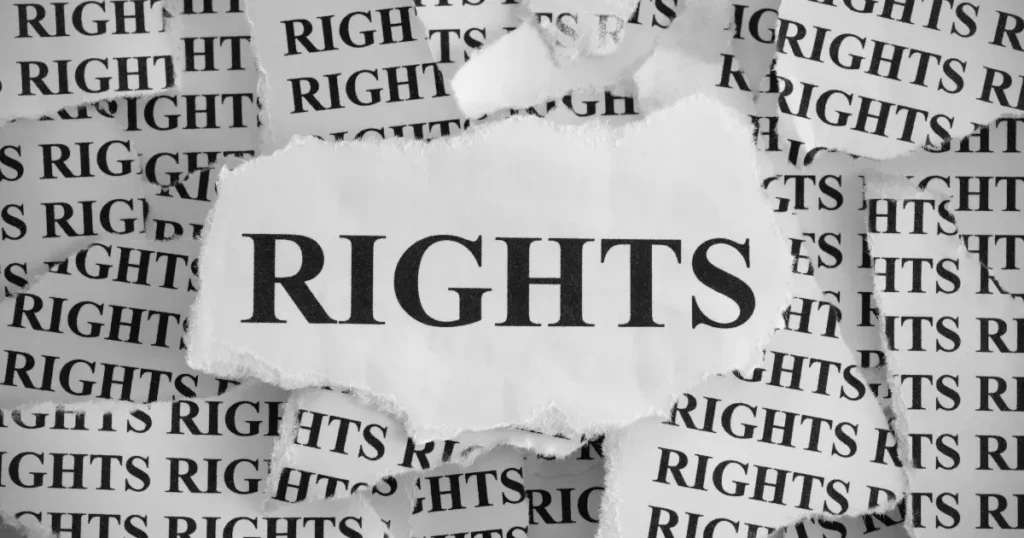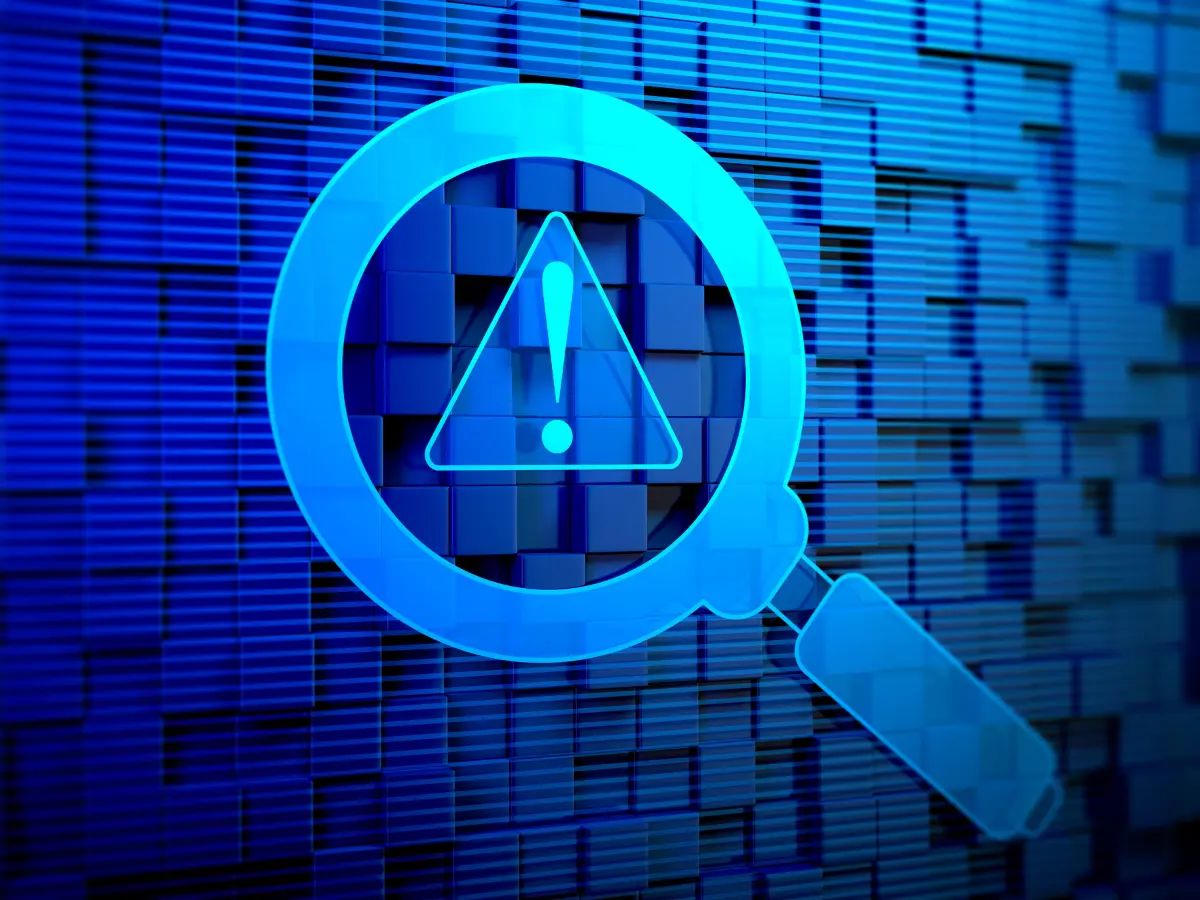In the current digital world, the Data Protection Law in Kenya serves as more than mere legal talk—it acts as your safeguard in online spaces. The law, which was passed in 2019 to conform to international standards like the GDPR, grants you authority over your personal data, including ID numbers, phone numbers, emails, and even your location.
You must be aware of who is collecting your data, why, and how it is being used. You have the option to refuse marketing, request the deletion of your data, or even move it to another location. This law provides a clear framework for businesses and consumers to stay safe and respectful in the digital space as more and more aspects of our lives move online, including banking and shopping.
For businesses, this is your cue to get serious about data privacy. Whether you’re running a small online shop, a mobile app, or just collecting names on a signup form, the law says you must register with the Office of the Data Protection Commissioner (ODPC), get clear consent from users, and keep data secure.
At the end of it all, this law is about trust between people and the businesses they interact with. It’s not a checkbox; it’s a mindset. For consumers, it means knowing your rights and speaking up when something doesn’t feel right.
Together, we can build a digital Kenya that values privacy just as much as innovation. Whether you’re a business owner in Nairobi or a student browsing online, understanding the Data Protection Law empowers you to navigate the internet smartly and safely. So let’s dive into what this law really means and how you can stay on the right side of it.
Read more about How to Ensure Data Protection Compliance in Kenya
What Is the Data Protection Law in Kenya?
The Data Protection Law in Kenya, officially known as the Data Protection Act, 2019, is the country’s first comprehensive legal framework designed to safeguard individuals’ personal information and hold organizations, both public and private, accountable for how they collect, store, use, and share it.
Modeled after the EU’s GDPR but tailored to Kenya’s unique context, the law gives consumers clear rights and forces businesses to be transparent, no matter how they collect data, whether through websites, mobile apps, online stores, or even paper forms.
Why Does Data Protection Law in Kenya Matter?
These days, with everything being so interconnected, every time you click, sign up, or make a purchase online, you’re leaving behind a bit of personal data—and let me tell you, that data is worth a lot. Companies deal with a ton of sensitive information, from phone numbers to bank details. If we don’t have the right safeguards in place, there’s a chance this data could be misused or end up getting exposed.
Kenya’s Data Protection Law is important because it puts consumers in charge of their personal information. It also makes businesses responsible for how they manage that data and sets up real penalties for any misuse or data breaches.
What the Law Means for Consumers
As a consumer in Kenya, the law gives you rights you may not have even known you needed. Here’s a breakdown of what you now have control over:

1. Right to Consent
The Right to Consent gives you full control over your personal data. Before any company can collect your information, it must ask for your clear and informed permission. It’s no longer acceptable to hide consent in fine print or use sneaky pre-ticked boxes.
You should always know exactly what data is being collected and why. This empowers you to make smart, confident choices about your privacy. If consent isn’t properly obtained, that business could be in serious legal trouble.
2. Right to Access
The Right to Access gives you the power to know exactly what personal data a company has on you. Whether it’s your phone number, email, or purchase history, you have the right to see it all. This means no more guessing or being kept in the dark.
If a business is storing your information, you can ask for a copy, and they’re legally required to provide it. It helps you stay in control and spot anything that looks off or outdated. After all, it’s your data—you deserve to know how it’s being used.
3. Right to Be Forgotten
If you no longer want a company to hold your personal data, you have the right to ask them to delete it. This is part of your legal rights under the Data Protection Law in Kenya. Once you make the request, the company is required by law to comply. They can only refuse if they have a valid legal reason, like needing the data for a contract or legal obligation.
This gives you more control over your digital footprint. So if something feels off, don’t hesitate to speak up and take back your data.
4. Right to Data Portability
Thinking of switching to a new service provider? The Right to Data Portability makes that easy. You can request a copy of your personal data in a format that’s easy to read and transfer, like a spreadsheet or document. This means your information doesn’t have to be trapped with one company.
Whether it’s your financial records, contact details, or account history, it’s yours to take with you. It gives you the freedom to compare services or start fresh without losing important info. Ultimately, it’s about giving you control and flexibility in the digital world.
5. Right to Object
The Right to Object empowers you to take control of how your personal data is used. If you’re not comfortable being part of marketing campaigns, you have every right to opt out. The same goes for automated decision-making processes, like credit scoring or profiling. You don’t have to let algorithms make big decisions about your life without your say.
This right gives you the power to step in and say, “No thanks.” It’s all about giving you more control and peace of mind in the digital world.
The Bottom line to all of this is that your data is your property.
What the Law Means for Businesses
As a business owner, here’s where you’ll want to pay close attention. The Data Protection Law in Kenya affects how you operate, especially if your business collects or handles any kind of personal data.
Here’s a checklist of what you need to do to stay compliant:
1. Register with the ODPC
The Office of the Data Protection Commissioner (ODPC) is the official body in charge of enforcing Kenya’s Data Protection Law. It ensures that businesses and organizations handle personal data responsibly and within the law. If you collect or process personal information—whether online or offline—you’re legally required to register with the ODPC.
This applies to companies big and small, including international businesses targeting Kenyan users. Registration helps the ODPC keep track of who’s handling data and ensures there’s accountability. It’s a key step toward building trust in Kenya’s digital economy
Tip: You can register online via the ODPC portal.
2. Get Consent
Always ask before collecting someone’s personal data; don’t just assume it’s okay. Consent should be clear, informed, and freely given. “Implied consent” or silence isn’t enough anymore under Kenya’s Data Protection Law.
Be upfront about what data you’re collecting and why you need it. Let people choose whether or not to share their information. Earning trust starts with asking, not assuming.
3. Update Your Privacy Policy
Your privacy policy should clearly explain what kind of personal data you collect, such as names, emails, or phone numbers. It should also state why you’re collecting that information, whether it’s for marketing, improving services, or processing orders. Be upfront about how the data is stored and the security measures in place to protect it.

Don’t forget to mention who you might share the data with, such as third-party service providers or partners. Transparency builds trust, so avoid vague or technical language. The more straightforward your policy is, the more confident users will feel about engaging with your business.
If you are wondering if it is necessary to protect your company’s data, you can click here to read more about why data privacy is important to businesses.
4. Secure Your Data
To protect your data, investing in strong encryption and secure servers is a must. These measures ensure that even if someone tries to access your information, they can’t use it. Implementing internal policies that restrict who can view or handle sensitive data adds an extra layer of security.
Employees should be trained on data privacy best practices, ensuring they know the importance of safeguarding information. Regular audits and updates will help you stay ahead of any potential security threats. Ultimately, securing your data not only protects your business but also builds trust with your customers.
5. Appoint a Data Protection Officer (DPO)
If your company handles large amounts of personal data, it’s essential to appoint a Data Protection Officer (DPO). The DPO is responsible for making sure your business stays compliant with data protection laws. This role is key in ensuring that all data processing activities meet legal requirements. They will oversee how data is collected, stored, and used to ensure it’s done securely.
The DPO also acts as a point of contact for any data-related concerns or issues. Having a dedicated DPO helps build trust with your customers and keeps your business on the right side of the law.
You can read more on how to become a data protection officer.
6. Prepare for Breaches
Having a plan in place for handling breaches quickly and efficiently is essential because the sooner you act, the better you can mitigate potential damage. Being proactive and transparent helps you gain the trust of your customers by demonstrating that their data is in good hands.
Data breaches are a reality that every business must prepare for. The law requires you to report a breach within 72 hours of discovering it, and failing to do so can have serious legal repercussions.
Read more about Why Transparency is Important in Data Breach Management
What Happens If You Don’t Comply?
Non-compliance with the Data Protection Law in Kenya isn’t just bad PR, it can be very expensive.
Penalties include:
- Fines of up to KES 5 million or 1% of your yearly revenue, whichever is less
- Legal action from affected individuals
- Possible suspension of data handling operations
Additionally, you risk losing your customers’ trust, which is a much more difficult cost to recover from.
How to Stay Compliant with the Data Protection Law in Kenya
It doesn’t have to be difficult to stay in compliance with Kenya’s Data Protection Law; you don’t have to be a lawyer to do it correctly. You can start by examining the personal data you collect and understanding why you need it. Next, update your website with a clear privacy policy and cookie notice to keep users informed.
To ensure that everyone on your team is on the same page, you need to make sure that they have received basic data protection training. To protect information, prioritize privacy and secure tools and services.
Finally, true compliance is about creating a culture of trust rather than just checking boxes, maintaining accurate records of user consent, data breaches, and processing agreements.
How Can Johan Consults Help
At Johan Consults, we specialize in helping businesses and companies navigate the complexities of the Data Protection Law in Kenya. Our expert legal team can help you with:
- Data protection compliance audits and assessments.
- Creating and evaluating data protection policies and privacy notices.
- Employees will be trained on best practices for data privacy and security.
- Legal help with ODPC registration as a data controller or processor.
- Guidelines for cross-border data transfers and international compliance.
- Incident response preparation and breach notification assistance.
Let us assist you in ensuring that your business complies fully with Kenya’s Data Protection Law. Book a consultation with us today for expert legal guidance and customized data protection solutions.
Final Thoughts
The Data Protection Law in Kenya is more than just legal compliance, it’s about creating a culture of trust in a digital age. When businesses treat personal information with respect, everyone wins.
So, whether you’re a business owner or a regular consumer, understanding your rights and responsibilities is the first step to a safer, smarter digital Kenya.










